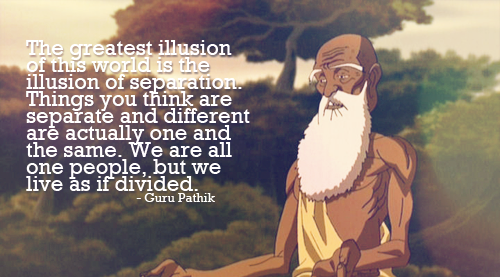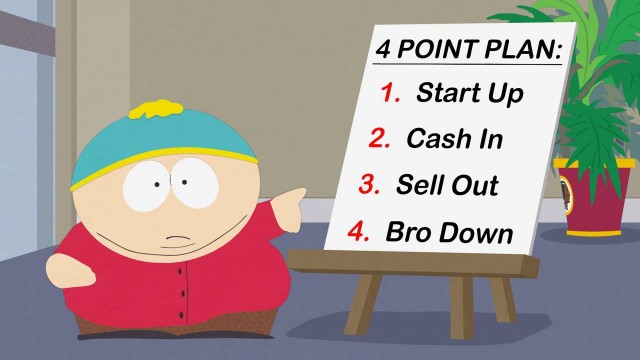9 Buzzwords You Don’t Want to Ruin Your Job Descriptions

You need to hire someone. It’s time to sit down and write that job description !
“Let’s make it really special,” you think. “Can’t just call it a plain, old marketer, developer, or sales position. Let’s add awesome adjectives and nouns! Like ninja marketer, rockstar developer, and sales guru!”
Sure.
There you have it: what others call “buzzwords.” They may sound cool, but they don’t really capture candidates’ attention in a good way. They mostly raise eyebrows in the employment market.
Let’s take a look at nine of the most common buzzwords we’ve seen flying around in job descriptions, plus what candidates think when each one buzzes by.
1. Black Belt

Definition: A person qualified to wear a black belt (which is worn by an expert in judo, karate, and other martial arts).
Candidates Think: “Probably the oldest buzzword in the business world. I don’t care whether you’re into the Six Sigma management strategy. I just see that you’re really outdated.”
2. Guru

Definition: A spiritual teacher, especially in Hinduism and Buddhism.
Candidates Think: “Probably the oldest buzzword in the tech world. Alex Schliker, CureCRM’s founder, deemed it ‘Web 1.0.’ So it’s not only irrelevant, but also outdated.”
3. Ninja

Definition: A person who is skilled in ninjutsu, the traditional Japanese art of stealth, camouflage, and sabotage, developed in feudal times for espionage purposes.
Candidates Think: “Here comes the sexier successor of ‘guru.’ But I know what you’re up to. As Valerie Frederickson said : ‘Ninja panders either to the young or the young at heart. It is designed to make them work harder but feel good about it.'”
4. Jedi

Definition: A member of the mystical knightly order from the Star Wars films, trained to guard peace and justice in the universe.
Candidates Think: “Are you speaking to the Star Wars fandom? I still know what you’re up to – it’s just ‘ninja’ all over again.”
5. Rockstar

Definition: A famous and successful singer or performer of rock music.
Candidates Think: “Oh, right. If I were that famous and awesome, do you really think I would still want to apply to your job?”
6. Wizard

Definition: A man who has magical powers, especially in legends and fairy tales.
Candidates Think:“Sorry, but if I had that kind of magic, I would have just turned you into a frog and taken all your money.”
7. Evangelist

Definition: A person who seeks to convert others to the Christian faith, especially by public preaching.
Candidates Think: “Right. As if everybody were Christian. As if everybody knows what an evangelist is.”
8. Prophet

Definition: A person regarded as an inspired teacher or proclaimer of the will of God.
Candidates Think: “Heck, I’d just start my own fortune-telling company and be on top of the Fortune 500. Who are you again?”
9. Entrepreneurial

Definition: Characterized by the taking of financial risks in the hope of profit; enterprising.
Candidates Think: “If I’m entrepreneurial at all, I’ll found my own company and get funded by five VCs per day (at least). Why should I bother applying to work for someone else?”
At this point, you may want to say: “But, but, but – those words make the job sound much better and more impressive!”
Consider this: Your job description may sound important and exciting, but if it doesn’t show up in the search result of candidates, it’s worthless.
The majority of job seekers and candidates, especially the sensible ones, only search for functional job titles or specific job descriptions. For example: “software engineer,” “marketing manager,” or “sales assistant.” Google and other search engines will show the results with those keywords – but not results that use buzzwords instead of job titles. Those hot buzzwords that you love actually make it harder for job seekers to find tour jobs!
So, delete those buzzwords and save your recruiting process from the get-go. Job descriptions don’t need to be impressive. They just need to connect to the right candidates. The first step? Let the candidates find your job descriptions via sensible keywords.
P.S.: If your colleagues are still using these buzzwords, you can still save them by sending them this letter. May the sense be with them.

